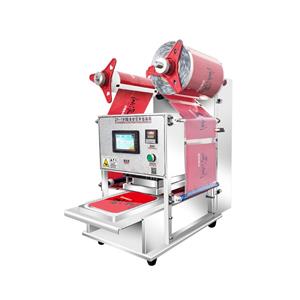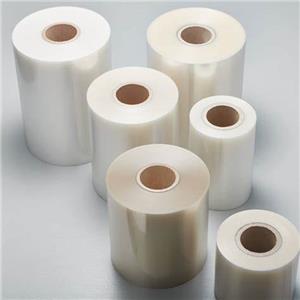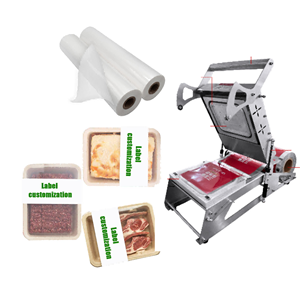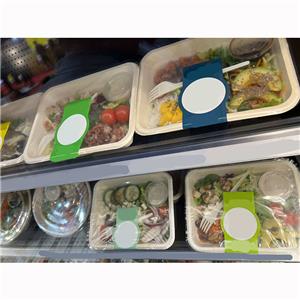San Diego is preparing to enforce its long-awaited bubble ban
As San Diego's new ban on Styrofoam bowls, pool toys and other items goes into effect April 1, city officials are scrambling to guide impacted businesses, clarify complex rules and review requests for special exemptions.
Those motions include one from a coalition of local grocers seeking a two-year extension of raw meat bubble wrap. Compliance with the new law would significantly increase local meat prices and reduce supply, the coalition said.
The long-awaited ban, delayed three years by lawsuits from restaurants and container companies, affects foam egg boxes, pull-out containers, meat trays, coolers, freezers, harbor buoys and anchor buoys.
As of April 1, retail stores will no longer be able to sell the products and residents will not be able to use them in city parks or on beaches. The exception is ready meals, which are packaged elsewhere and then sold in San Diego stores, such as: B. Soups sold in Styrofoam containers.
The ban, passed by City Council in December, also requires restaurants and caterers to stop handing out straws and plastic utensils unless customers request it. But city officials recently clarified that restaurants will likely continue to have self-service areas stocked with straws and utensils.
City officials said they recently sent out informational emails to 9,000 local businesses. Mail has been translated into Spanish, Tagalog and Vietnamese.
The city also hosted a public forum in Linda Vista on March 2nd and an online webinar on March 7th. At both events, questions from companies focused on how the rules work and how to apply for an exemption.
City officials also relied on environmental groups, trade associations and community groups to push for the ban. The dedicated site sandiego.gov/environmental-services/recycling/pf-ban has many details.
The site also has printable posters that businesses can put in their windows or on their desks to explain the ban to customers and employees.
San Diego has joined more than 130 other California cities to ban styrofoam, including Carlsbad, Encinitas, Solana Beach, Del Mar and Imperial Beach. Oceanside and Coronado are the only local coastal towns without a ban.
A ban will also come into effect in Los Angeles next month. San Francisco, San Jose and Oakland already have bans.
Supporters of the ban argue that foam products can poison marine life and harm the health of people who eat seafood because the foam doesn't biodegrade and keeps breaking into smaller and smaller pieces.
Often sold under the brand name Styrofoam, these products made from the chemical polystyrene find their way into local waterways where they are easily eaten by wildlife after being broken into smaller pieces.
Restaurant chains in almost every country long ago stopped using Styrofoam in response to lobbying from environmental groups and opposition from customers who feared the foam wasn't biodegradable.




